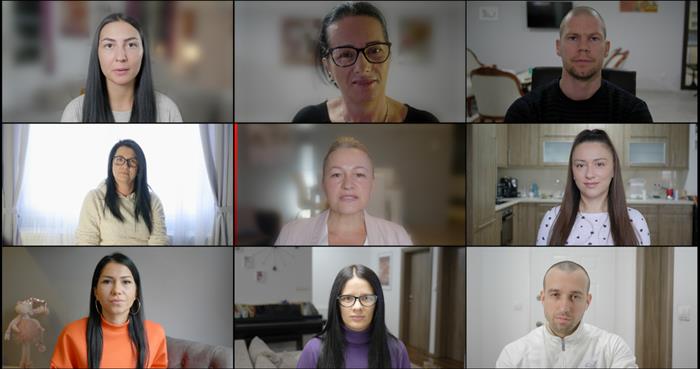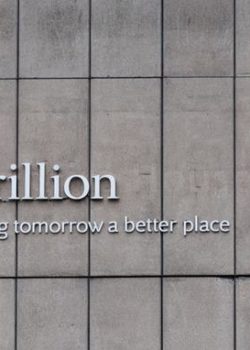Bubble trouble
Lessons from the pandemic for boards have failed to stick, according to new research. Polling by the Chartered Governance Institute (CGI) and the Centre for Synchronous Leadership (CSL) finds boards have backtracked on three critical activities highlighted by experience of the pandemic: horizon scanning, investing in team alignment and creating healthy flow of power. The researchers from CGI and CSL call this a “retreat to the bubble”.
Justine Lutterodt, author of the report and MD at CSL, says: “All of us live in bubbles—of familiarity, comfort, and ‘impressive people’. As human beings, this is our default approach to making sense of the world.
“The problem is not that we have bubbles, but that most of the time we do not even see them. Of those who do, few of us are willing to take ownership for how they distort our decision making, and fewer still take action to prevent this from happening.” (Just off to reassess my life—Ed.)
Introverts unite!
OK, some of you may have grown resentful of your introverted work mates who jealously guard their new-found right to home working, while managers plead that everyone return to the office.
Well, it’s time to spare a thought for introverts in this new world of work, according to INSEAD professor Mark Mortensen. “We have the assumption that working from home is heaven for introverts because they finally don’t have to deal with all the people in the office.
“But data shows that it’s very individual … having to focus on 40 people on a Zoom call can be much more draining and difficult for introverts… because you have to pay attention to all of those faces all at once, as opposed to the one-on-one conversations you can have in an in-person group setting.”
Speaking as a fully paid-up member of the Introverts Club, Board Agenda can attest to this. Anyone organising a Zoom with more than three people ought to question their life choices – and certainly those relating to interior decorating.
‘Going further’
there is disappointment among governance watchdogs at the Financial Reporting Council. Having undertaken their annual review of governance reporting they find companies could definitely say more about their engagement with shareholders. Some companies simply declare they’ve held meetings…nothing else.
Which is a little disconcerting. After all, Board Agenda might meet a police officer but knowing whether its over a pint in our local hostelry or at the local station while she’s in uniform can make all the difference in understanding the encounter. (It was in the pub, if you must know.—Ed.)
FRC chief executive, Sir John Thompson, says: “This year, we have contunued to see a good standard of reporting but companies still need to go further in reporting how they apply the Code’s principles and comply with the provisions, describing the actions and outcomes that come from them to improve market confidence and facilitate better stewardship.”
Parlez-vous say-on-pay?
So, as the US grapples with the ESG debate and the prospect of climate risk reporting, some are all too willing to point out that certain countries, namely France, are way ahead in the development of “responsible capitalism”.
In a post for the Harvard governance blog, Alain Pietrancosta of the Sorbonne and French lawyer Alexis Marraud des Grottes offer some schooling in the way of all things gouvernance Française.
They map the key trends and touchstone issues—such as say-on-pay voting, board diversity and ESG—and offer a snappy guide to how the French do it better.
They conclude with these few bons mots: “Derived from the idea that if the largest companies participate in the problems, it is logical that they participate in the solutions.
“Not all companies are equal, the responsibility of the largest includes those that depend on them. This is how social issues become societal and the responsibility of companies expands. This is what some call responsible capitalism.” Voila! C’est facile, non?





